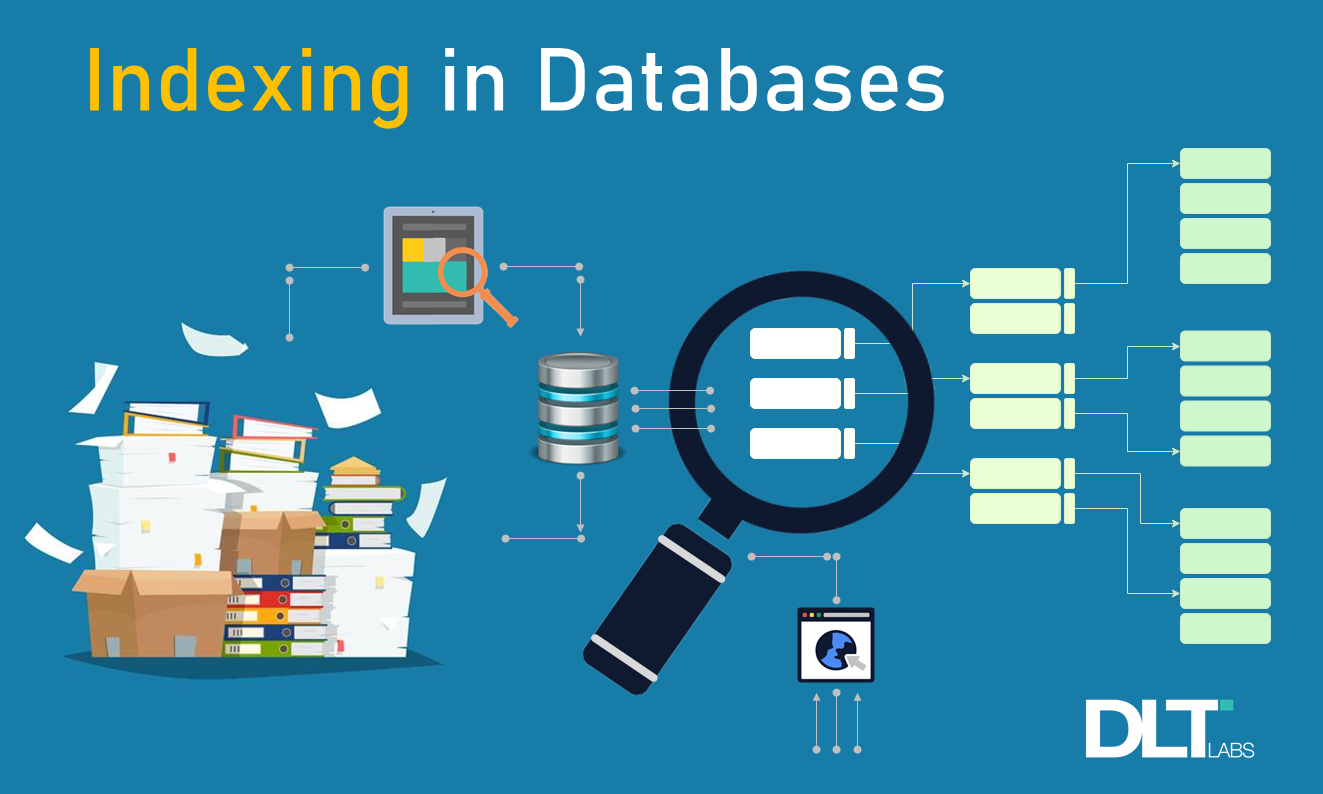Indexes in SQL are powerful tools that can significantly enhance the performance of your database queries. They work like the index in a book, allowing the database to find data quickly without scanning every row in a table. Here’s a beginner-friendly guide to understanding and using SQL indexes effectively.
Creating SQL Indexes
Creating an index in SQL is straightforward. You use the CREATE INDEX statement, which can be applied to one or more columns of a table. For example:
CREATE INDEX idx_employee_name ON employees (last_name, first_name);
This command creates an index named idx_employee_name on the last_name and first_name columns of the employees table. By indexing these columns, queries searching for employees by name will be faster. Example diagram of an index.

Using Indexes for Query Optimization
Indexes are particularly useful for speeding up the retrieval of data. When you run a query, the database can use the index to locate the required rows much faster than if it had to scan the entire table. Here are a few scenarios where indexes can improve performance:
- Search Queries: When you frequently search for records based on specific column values.
- Join Operations: When joining tables on indexed columns, the join operations become faster.
- Sorting and Filtering: When you run queries with
ORDER BYorWHEREclauses. This will benefit from indexes on the relevant columns.
Practical Example
Imagine you have a table orders with a large number of records. Without an index, a query like this could be slow:
SELECT * FROM orders WHERE customer_id = 12345;
By creating an index on the customer_id column:
CREATE INDEX idx_customer_id ON orders (customer_id);
The database can quickly locate the rows with customer_id = 12345, making the query much faster.
Conclusion
Mastering SQL indexes is essential for anyone looking to improve their database performance. Start by creating simple indexes and observe the impact on your queries. With practice, you’ll learn to use indexes to their full potential, ensuring your databases run efficiently and effectively. When you want to automate backups regularly, SQLBak removes the hutssle of doing it mannually.


